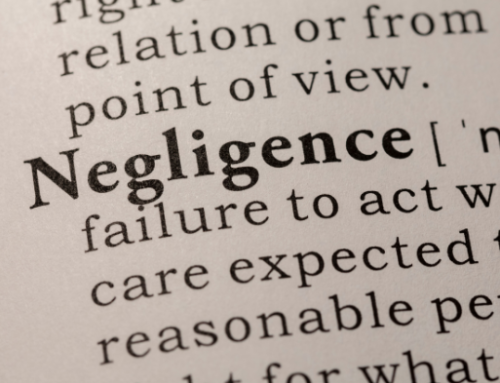Psychological Injury Workers Compensation Claim
Workers’ Compensation claims related to psychological injuries are increasingly common in New South Wales. Workers across the state are grappling with mounting work pressures, heavy workloads, and instances of bullying and harassment—whether in person or while working remotely. These challenges are taking a toll, resulting in psychological injuries sustained within the workplace.
Do I Have a Workplace Psychological Injury?
Most workers when they experience stress, anxiety or depression may not need to lodge a workers compensation. Often a couple days off, seeing a treatment provider, a change of jobs or completion of a task means that the worker feels better or is managing their health properly.
However, if you are experiencing significant symptoms of stress, anxiety, poor sleep, difficulty focusing and need to consult your General Practitioner (GP), you may have a psychological injury.
How Do I Lodge a Psychological Workers Compensation Claim?
What Are the Key Requirements to Make Workplace Psychological Injury?
Section 11A
Section 11A Defence: No compensation is payable under the Workers Compensation Act 1987 (NSW) in respect of an injury that is a psychological injury if the injury was wholly or predominantly caused by reasonable action taken or proposed to be taken by or on behalf of the employer. These actions include matters related to transfer, demotion, promotion, performance appraisal, discipline, retrenchment, dismissal of workers, or the provision of employment benefits to workers.
In simpler terms, if your psychological injury results from reasonable actions such as those mentioned above, your claim for compensation can be disputed.
If you’ve received a dispute notice from the insurer based on Section 11A, we recommend contacting Grieve Watson Kelly Lawyers to discuss whether it can be appealed. We can assess the situation and provide guidance accordingly.
What If I Have a Pre-existing Mental Health History?
Contrary to common belief, having a pre-existing psychological condition does not automatically prevent you from claiming workers’ compensation in News South Wales. Many individuals may have a historical mental health condition, a prior workers’ compensation claim, or an underlying psychological condition at the time of your employment. Despite this, you can still pursue a workers’ compensation claim.
Section 4 of the Workers Compensation Act 1987 (NSW) addresses situations where there is an aggravation, acceleration, exacerbation, or deterioration of an underlying or pre-existing disease during the course of employment. However, compensation is only applicable if the employment factor was the main contributing factor to the worsening of the disease. In this context, the term “disease” refers to the psychological or psychiatric disorder you may be experiencing.
For example, consider an individual with an underlying anxiety condition who remains gainfully employed. If their anxiety worsens due to work-related events being the main contributor, this “aggravation” may be compensable.
Honesty and credibility play a crucial role in your claim. While there is no definitive “scan” to prove psychological injury, your candid disclosure of pre-existing conditions is essential. Failing to disclose such conditions can complicate the process of proving your claim.
Workers Compensation Entitlements
Seeking Legal Guidance About Workplace Stress claims
Navigating a psychological injury in the Workers Compensation scheme can be difficult. If you’ve been seriously injured during the course of your work, consider reaching out to Grieve Watson Kelly Lawyers. Our workers compensation lawyers understand the complexities of personal injury compensation and workers compensation claims.
Disclaimer: This post provides general information based on NSW sources and laws and does not constitute legal advice. We recommend you consult with a lawyer to obtain legal advice for your individual circumstances.







